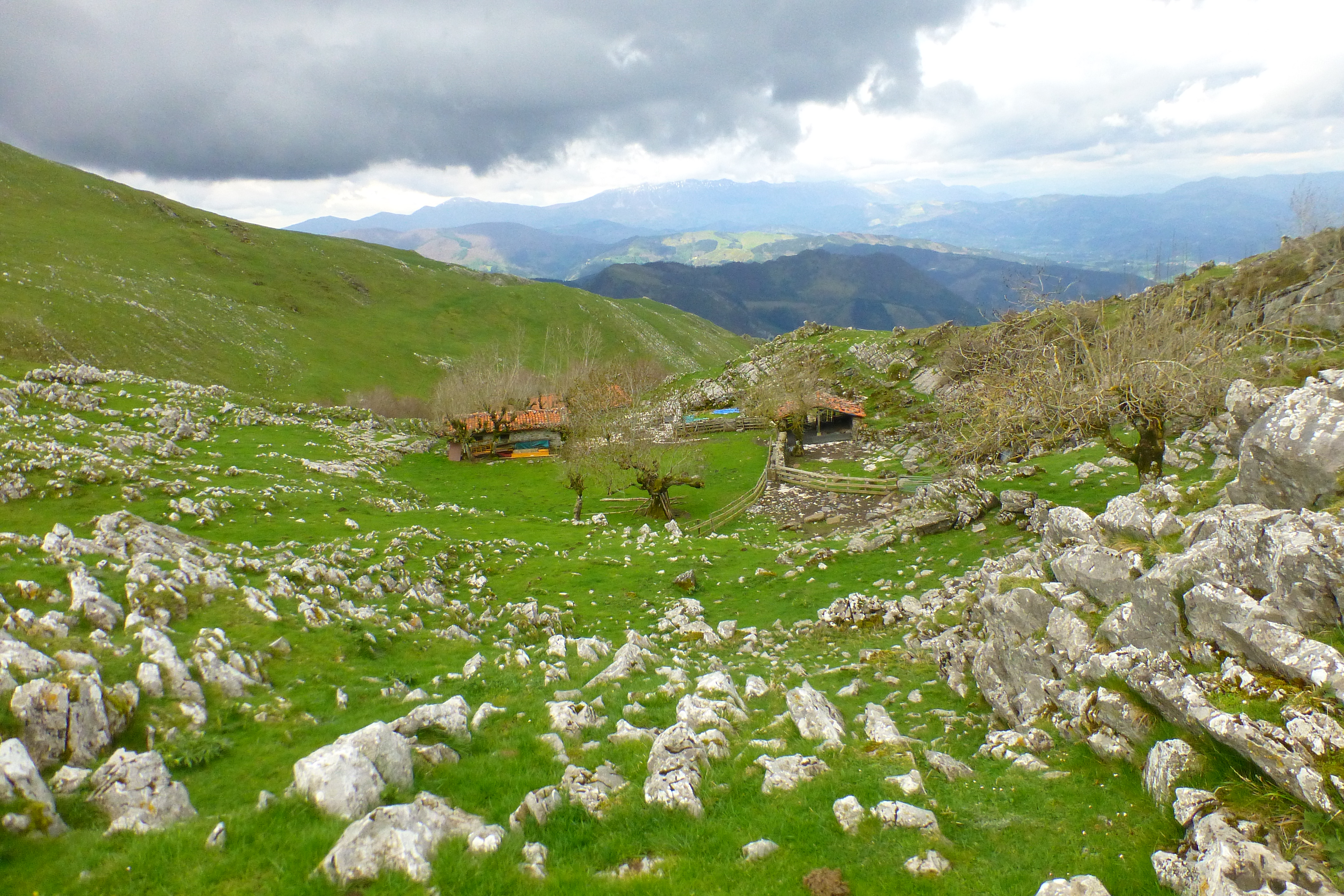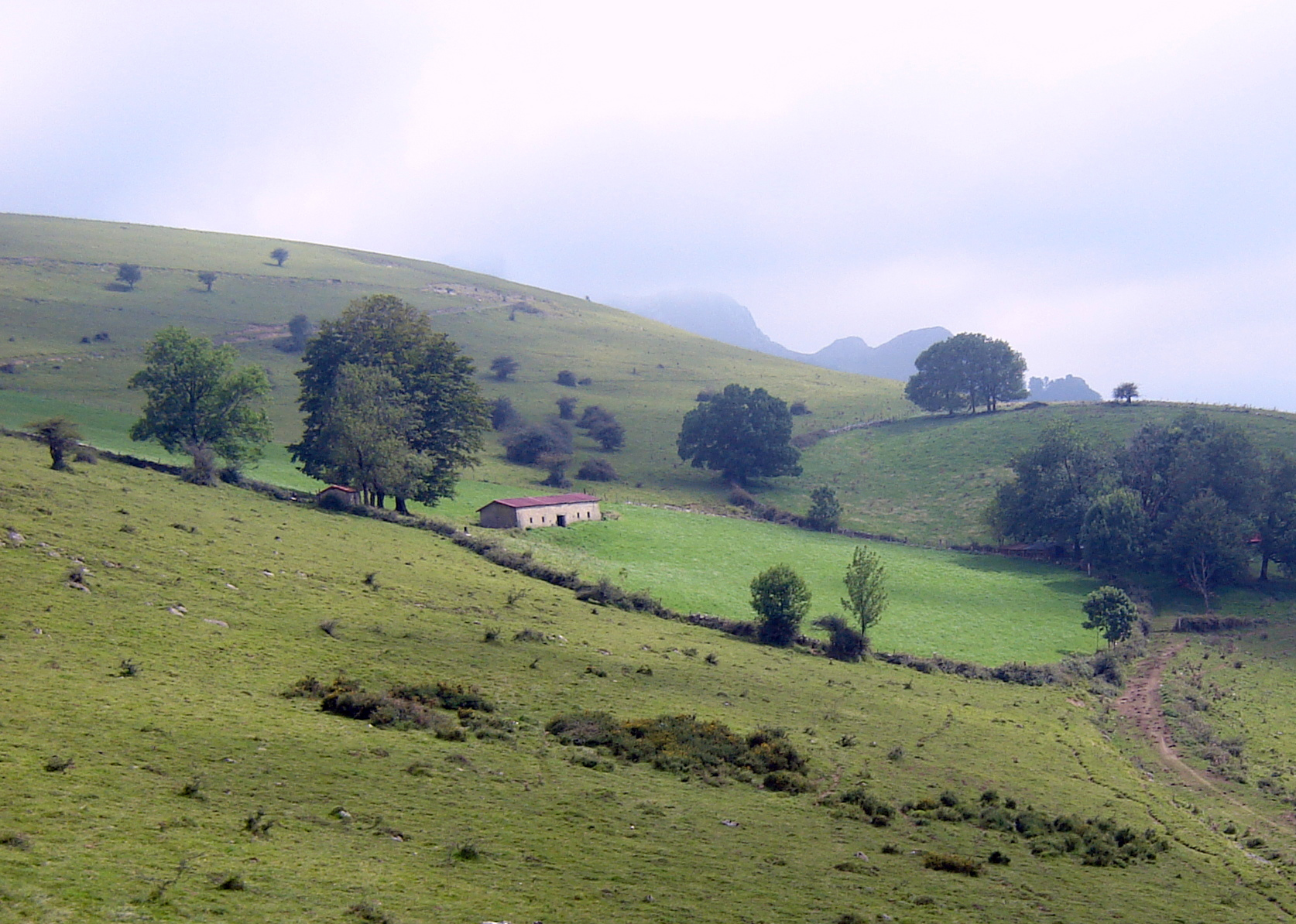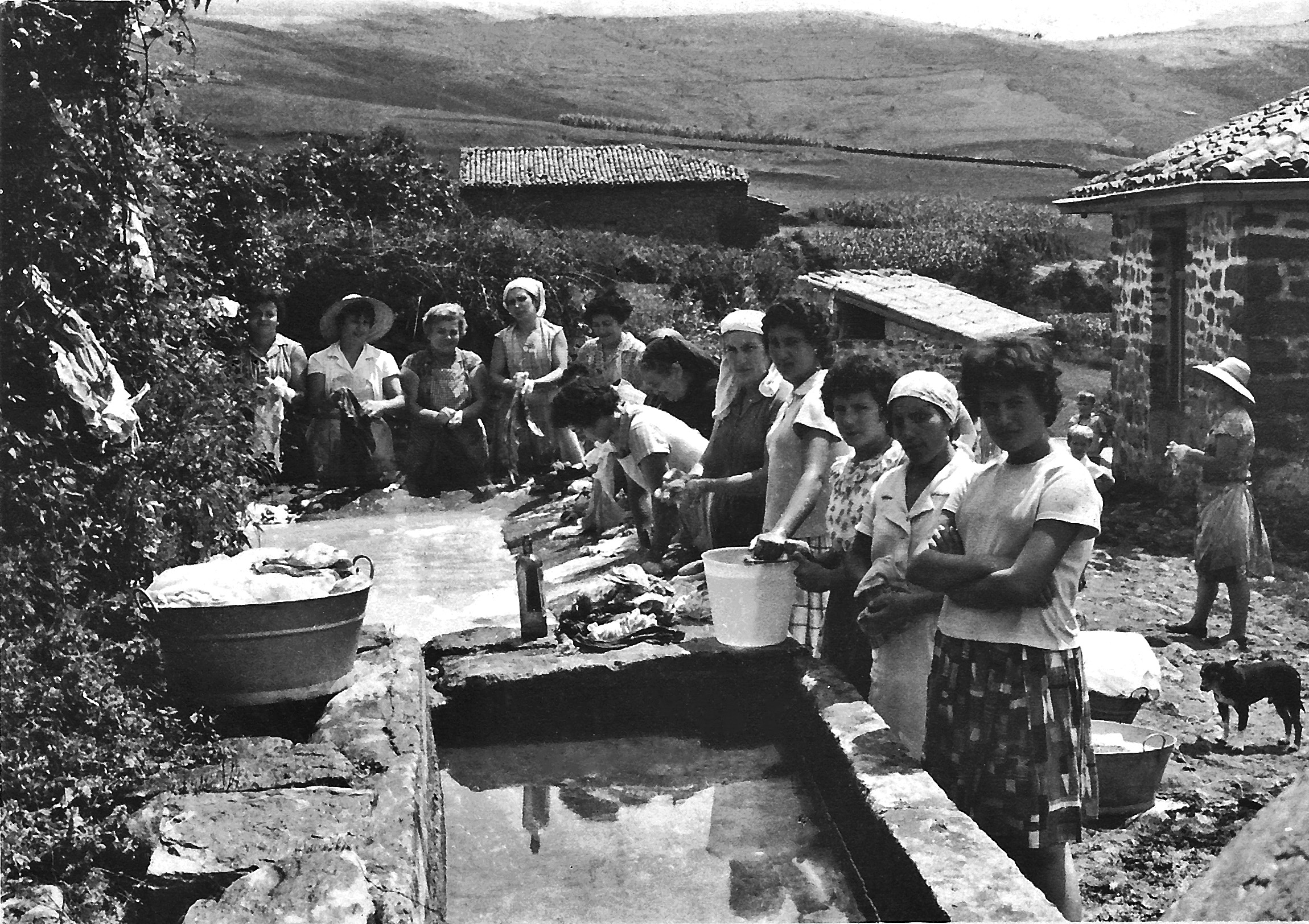Basque ethnography at a glance

Aralar Range. José Ignacio García Muñoz. Labayru Fundazioa Photographic Archive.
Those of you who acknowledge the worthy work shepherds do today might be surprised at the title, for tending large flocks of sheep does not leave much time for games.
One would have to go back more than a century to find flocks in those days hardly reached the hundred head of sheep. Besides, shepherds moved to their huts in the summer pastures, where they lived with their families: wife and children. (more…)
Presages traditionally perceived as indicators of imminent death of a person are superstitious in nature.
The most widespread portents are related to animals, domestic animals generally, such as the house dog or the cock, some featuring nocturnal raptors and corvids. (more…)
Bordaldea (pronounced bordaltia in Zuberoa) refers to a prevailing type of settlement established for livestock farming on so-called syndic land, according to the 1838 Ordinance, replaced by the Mountain Law in 1985. An integral part of the Pyrenean farmstead on middle-mountain steep grassland, loft and stables double the size of the house itself. It is occupied by the bordazain. (more…)
The washing machine has been widely believed by housewives to be the most important invention of all devices meant to improve the quality of life in households. Until washing machines emerged and its use spread, things were very different. (more…)




